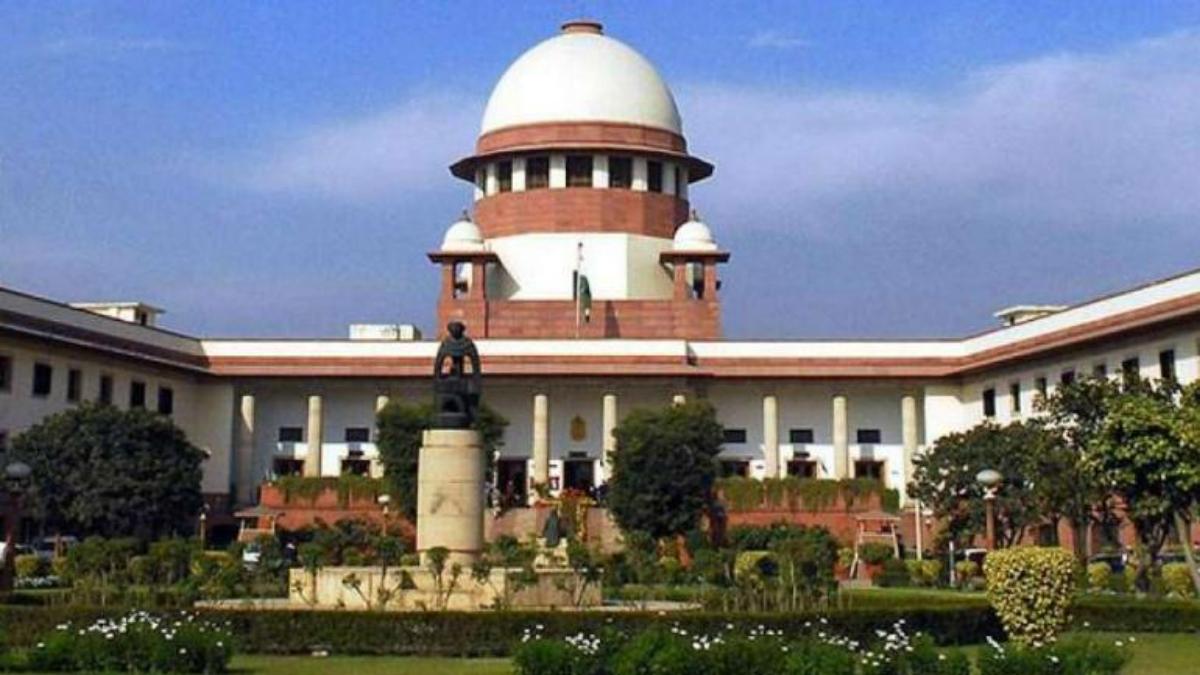Mumbai: Bankers fear the government’s decision to waive some interest payments on loans under a COVID-19 support plan will create unnecessary work for lenders and lead to more litigation, without providing much of a boost for the sagging economy.
In an October 2 filing with the Supreme Court, seen by Reuters, the government said it is amending a controversial clause in a relief plan that allowed distressed borrowers to skip repayments for six months but then charged them “interest-on-interest” on the delayed payments, putting them deeper in debt.
The change will waive the compounded interest component on small business loans and some personal debts from March to August.
The government will bear the cost, which could be as high as $1 billion, according to analysts.
But for lenders saddled with over $120 billion of bad loans and a coronavirus-induced collapse in demand, the move will further pressure already stressed balance sheets.
In the case of a similar scheme for farm loans, banks typically need to wait nine to 24 months to get the funds from the government, two bankers said.
Lenders also will need to recalculate millions of loans, according to interviews with four bankers and a lawyer.
“Getting the money back from the government is a painful exercise,” said a senior banker at one of the NBFCs.
“At the end, a lot of work will happen, nobody will be happier and the government will be poorer.”
A finance ministry spokesman declined to comment, citing ongoing legal proceedings.
Also read: Explained: The Upside and Downside of the Centre’s Proposal to Waive ‘Interest on Interest’
Banks’ legal costs are also on the rise as lawsuits pile up.
“The state-owned banks may show government support, but the private lenders are in it for the profit. They will have different calculations and those calculations will be challenged by the government,” said the lawyer.
A banker at a private lender added: “That is the problem with such waivers, because where does it end?”
Bankers are also concerned that waivers may distort the culture of lending in India and argue that there are other ways to help borrowers who are in need, such as providing subsidies or loan restructuring.
“Now, in case of a flood or any other situation, even borrowers who can pay may not be keen to do so because they know the government will step in to rescue them,” said a senior banker at a public sector lender.
(Reuters)


